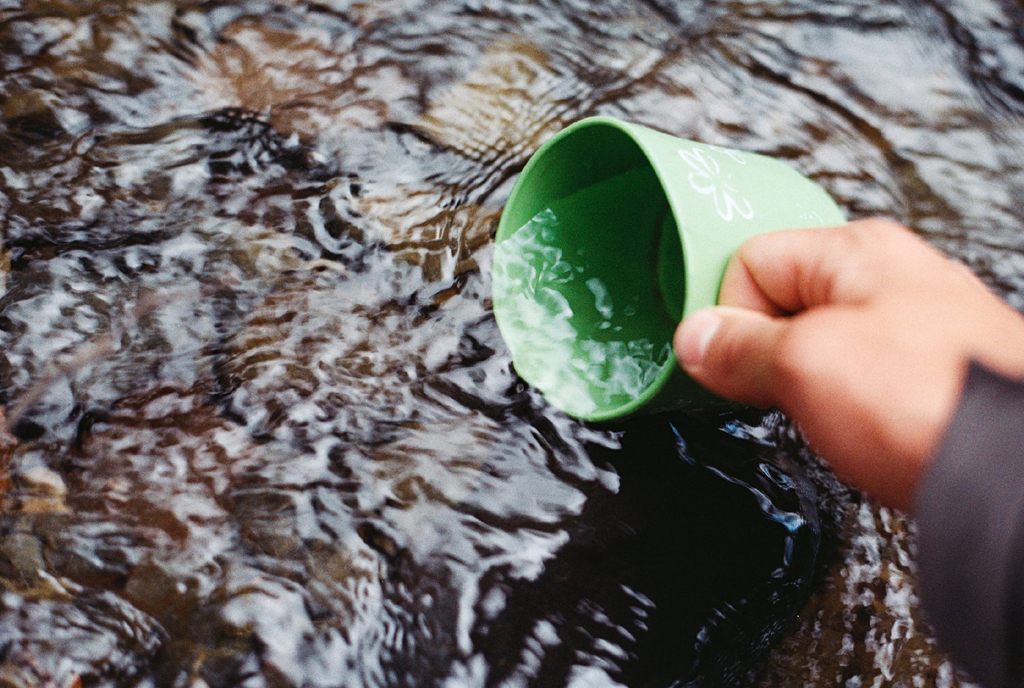
By Saba Murtaz
We live in a society in which there is a support system in place to help us when things go wrong. But what if even this support system is disrupted? In moments of natural disaster and political turmoil, many people find that they are unable to rely on help from the powers above or even help from their neighbours. This is where survivalism comes in.
Survivalism is all about acquiring the materials and skills necessary to cope individually with disaster. It’s become a growing movement around the world, with many sites and groups dedicated to sharing knowledge.
Living off grid
For some people, survivalism may be simply about stocking up on food or learning self-defence. However, others pursue an off-grid lifestyle as a way of becoming totally self-sufficient in the event of a disaster.
This involves being able to generate one’s own power and heating, harvest one’s own water and even grow one’s own food. On top of being able to keep going in a disaster, living off grid can have other benefits such as reducing harm on the environment and helping to save costs.
Urban survivalism
Can you live off-grid in a city? While it can certainly be tougher, it can be done. Some people have even found ways to generate their own electricity and grow their own food while living in an apartment.
There are sites such as Tradecraft that are dedicated to urban survivalism. These sites also look at the individual dangers faced with living in a city such as coping in a riot and protecting one’s home from intruders during periods of anarchy.
Survivalism as a leisure pursuit
For some people, survivalism can be a hobby. It can be a means of learning new skills such as how to start a fire or how to find clean water.
Some people even take survivalist vacations, throwing themselves into the wild to test their own skills or taking treks in which they learn skills along the way. The Guardian article lists a few examples of survival vacations.
Preparing for the apocalypse?
There are some groups and individuals that take survivalism to the extreme, preparing for zombie apocalypses and robot uprisings. While survivalism can be a way of preparing for these wacky end-of-the-world scenarios, it doesn’t have to be.
Some people prefer to simply prepare for the most likely disasters. For instance, if you live in an earthquake zone, it might make sense to educate yourself in all the ways to survive in the event of an earthquake.
Survivalism can even have day-to-day applications. We face dangers everyday and survivalism can help us to become more alert of these so that we can take the safest route.
Can I benefit from survivalism?
Everyone can benefit from learning survivalist skills. Like taking out insurance, there’s no guarantee that you’ll ever need them. But having the tools and knowledge to survive in a disaster can offer a peace of mind for many people.























